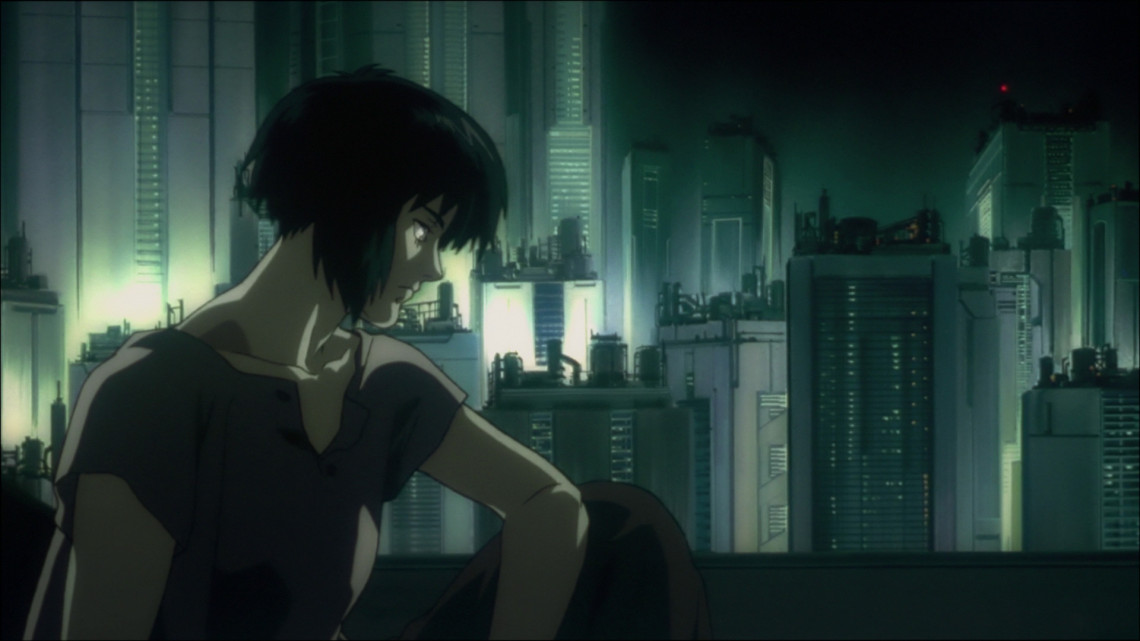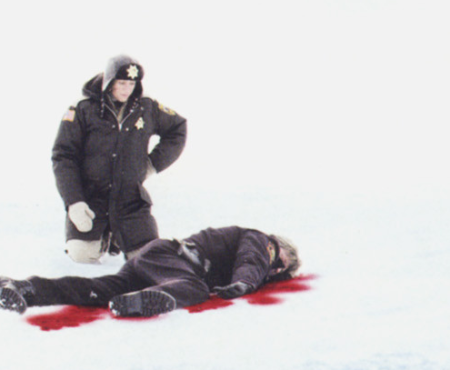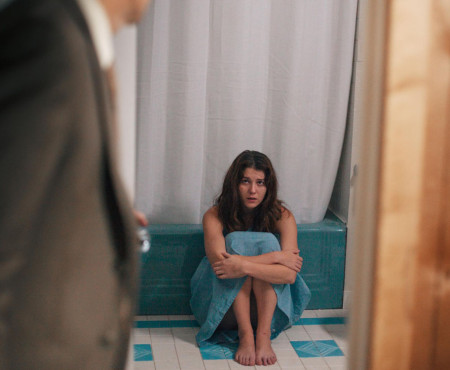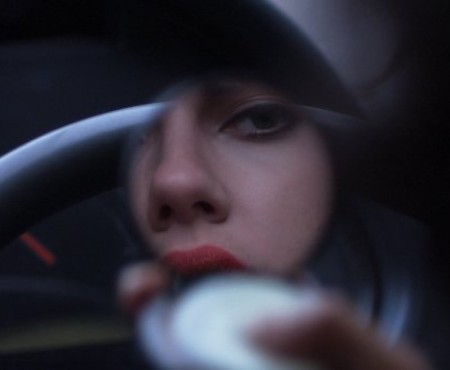Every day, Opening Acts highlights the best pieces of writing on film, television, and literature published around the Internet. Please share if you like what you see.
For your reading enjoyment …
1. Is ScarJo In ‘Ghost in the Shell’ A Kick-Ass Cyborg Superhero Or Cultural Whitewashing?, by David Levesley. Levesley fills newcomers in on the Ghost in the Shell phenomenon and why they should be excited about the Western version.
“Motoko at times seems a bit too competent at everything, a bit too capable, and a bit too pragmatic… it makes sense to cast Johansson: in 2014 she proved that she is not only a kick-ass leading lady in Lucy, but she also proved her ability to provide humanity and warmth to the most inhuman entities in Her and Under the Skin.”
2. Literary Adaptation Biz Heat Up in France by Elsa Keslassy. Keslassy writes on the influence of literary adaptations in recent French cinema.
“Today, one out of five Gallic movies is based on a book, and nearly 40 per cent of the films that sell over 500,000 admission in France are based on books… the spike in popularity for literary adaptations has led many French producers to launch divisions dedicated to scouting for book rights, as it’s done in the US.”
3. Fan Proves The Hobbit Only Needed To Be One Movie After All, by Michelle Jaworski. Jaworski looks at how one Tolkien fan decided to give fans a four-hour edit of the Hobbit trilogy.
“A decade ago, we could have never imagined wanting Jackson’s films to be shorter; the films in the Lord of the Rings trilogy were at least three hours apiece, and the extended editions added another 30-40 minutes, which fans lapped up. But it’s 2015, and here we are with, as many keep pointing out, a 300-page book spread across three blockbuster films.”
4. Do The Brits Really Dominate At The Oscars? We Did The Math, by Molly Fitzpatrick. Fitzpatrick analyses where acting nominees across Oscars history have come from with a focus on Great Britain.
“The 2010s actually pale in comparison to the ’60s, when more than a quarter of acting nominees were British (we’ve seen a rate of 17 percent since 2010). In fact, from 1965 to 1967, nearly 47 percent of all acting nominees were British, hitting a peak of 50 percent in 1966.”
5. Australian actors top Oscars list after United States and Britain, by Deborah Gough. Gough takes the Vocative data to look at how Australians have made an impact on Oscar acting nominations.
“From a low base of four per cent of the nominees in the 1980s, the percentage has climbed to 17 per cent in the 2010s… thanks in part to the formidable talents of Cate Blanchett, Geoffrey Rush and Nicole Kidman.”




















